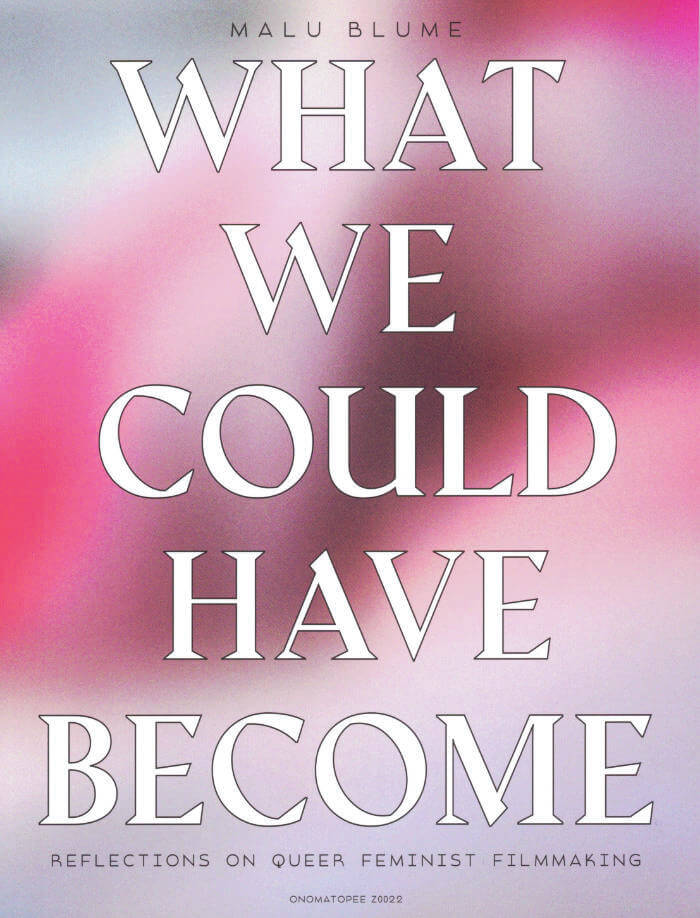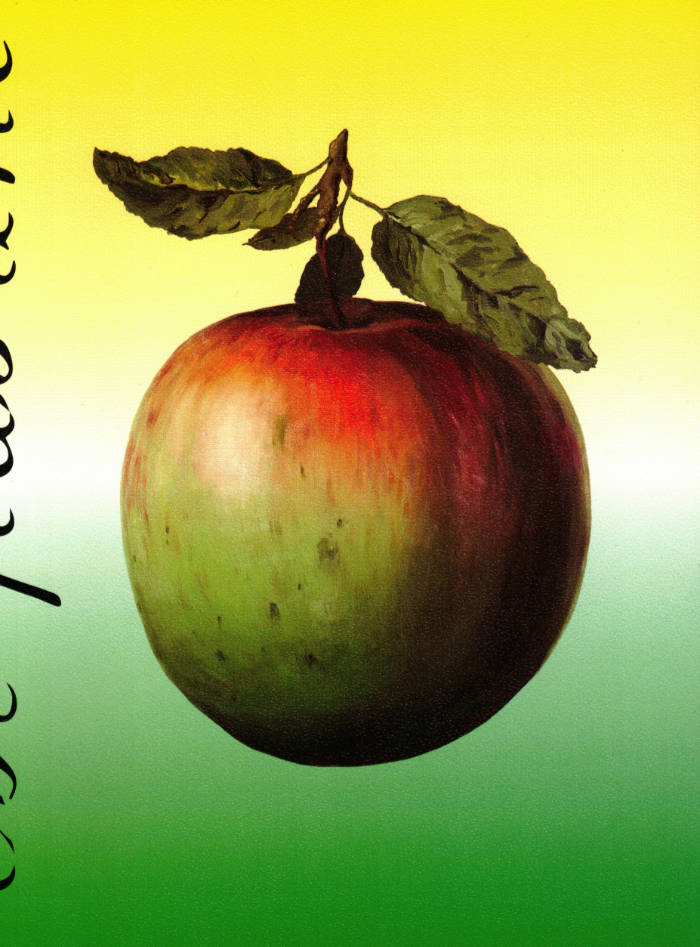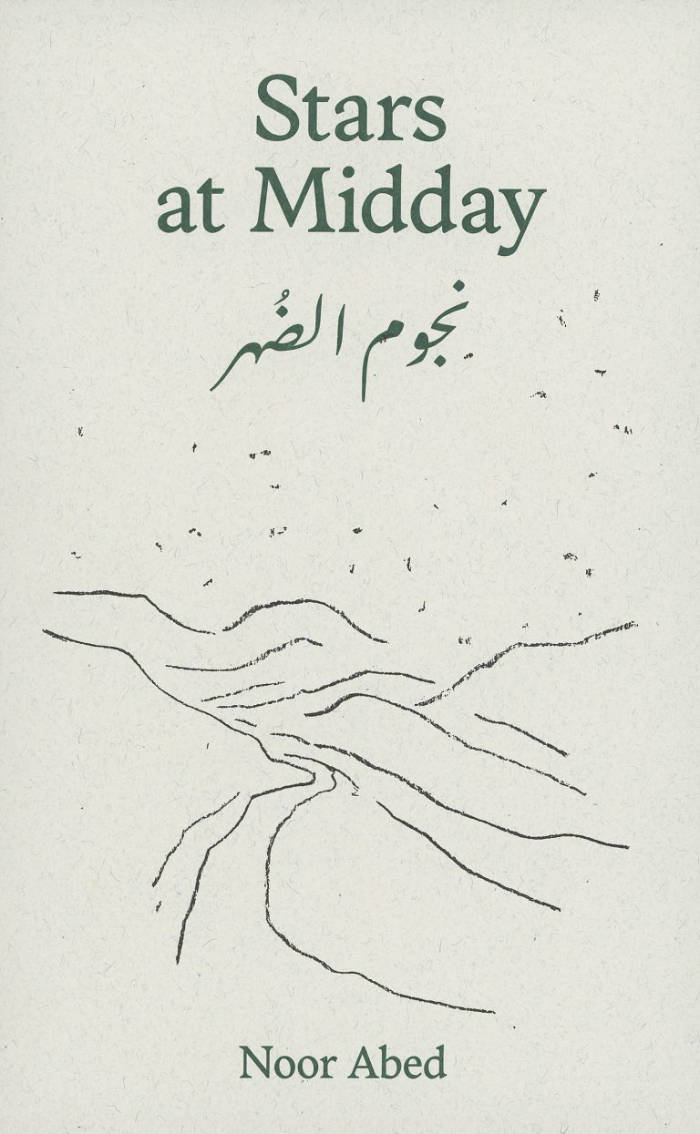
What We Could Have Become
Sascia Bailer ed.
The publication 'What we could have become: Reflections on queer feminist filmmaking' explores the radical potentials of care and speculative fiction in the context of queer feminist collective filmmaking. Departing from the experimental short film The Book of S of I (2020) by Malu Blume, this publication is a documentation of the film project just as much as its own artistic medium. Using a performative mode, it weaves together film stills with unreleased set photography, creating a visual narration that reflects caring and kinship through a queer feminist – and femme – lens.
With a foreword by editor Sascia Bailer, the booklet contains a transcript of the film’s narrative voice over and an essay on queer utopian care in the context of The Book of S of I and its making, both written by the artist Malu Blume. The publication concludes with a conversation between Malu Blume and their co-producers, friends and artistic collaborators Ipek Hamzaoglu, Laura Nitsch and Sophie Utikal, moderated by Sascia Bailer. In this conversation the artists and discuss the chances and challenges of collective film making in the context of producing The Book of S of I.
Malu Blume is a Berlin-based artist who works at the intersections of art, performance, film and education. In 2016 they completed a master's degree in Critical Studies at the Academy of Fine Arts Vienna. Malu Blume has been the co-founder and member of several collective projects on queer feminism, archival politics, friendship and collaborative knowledge production.
Language: English





